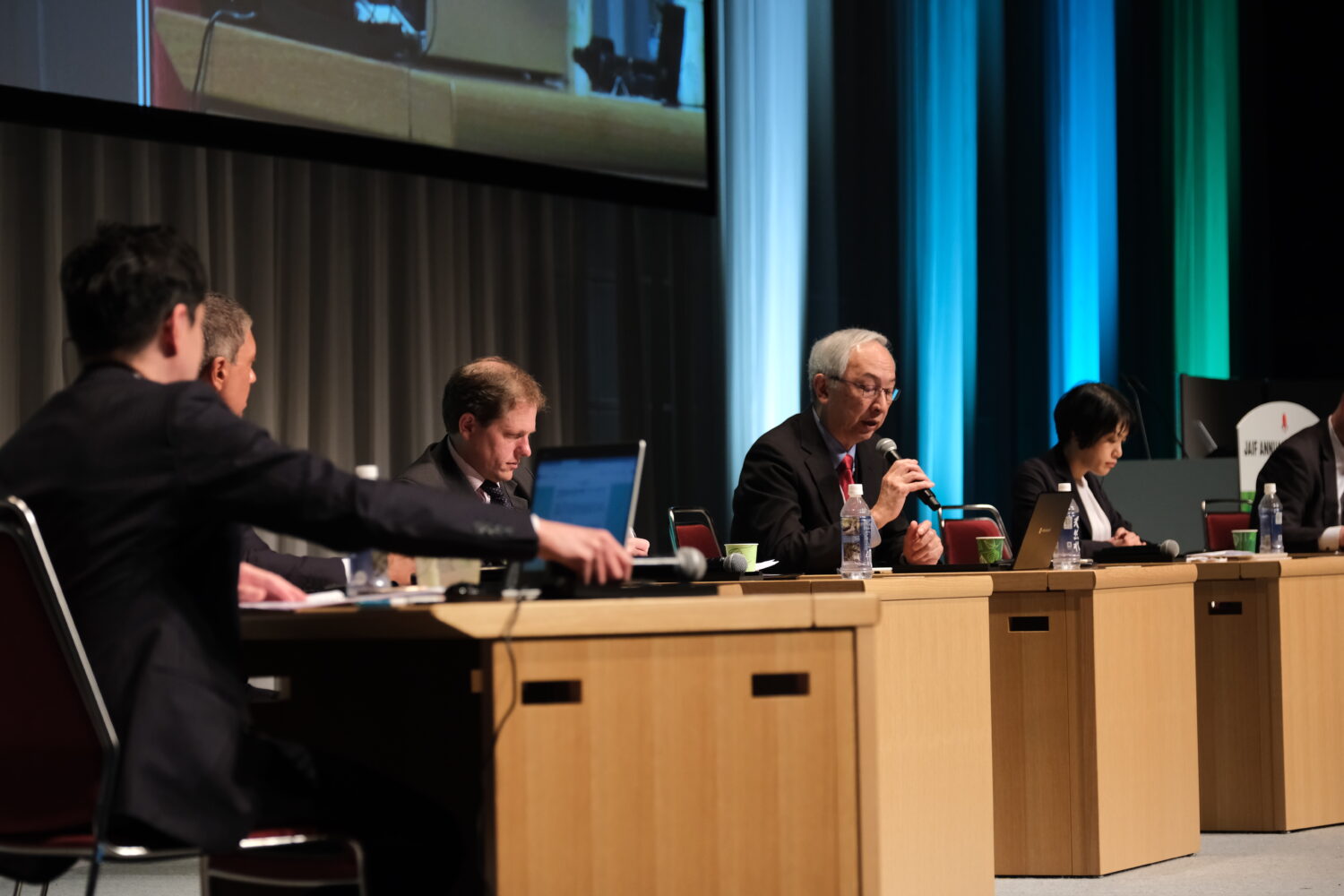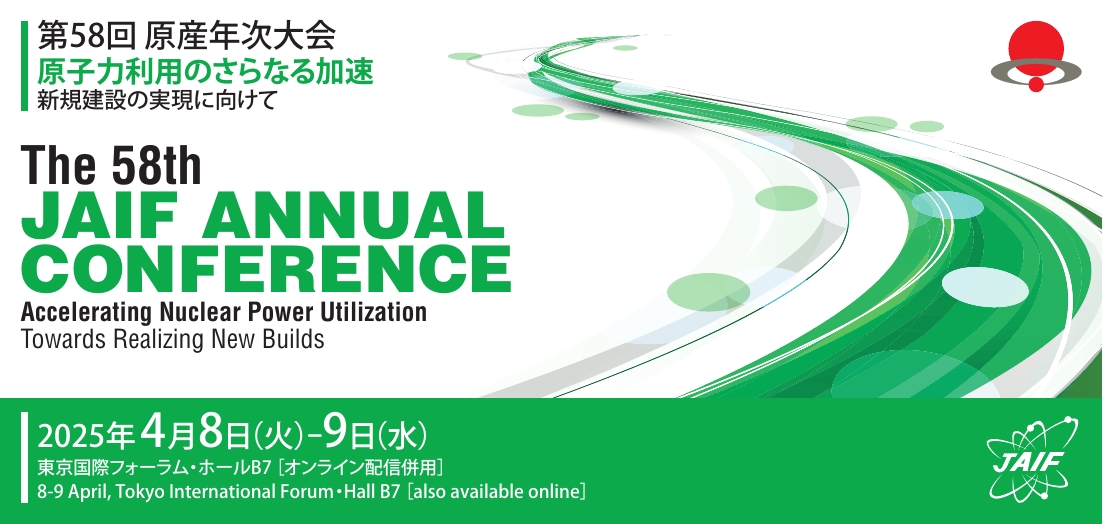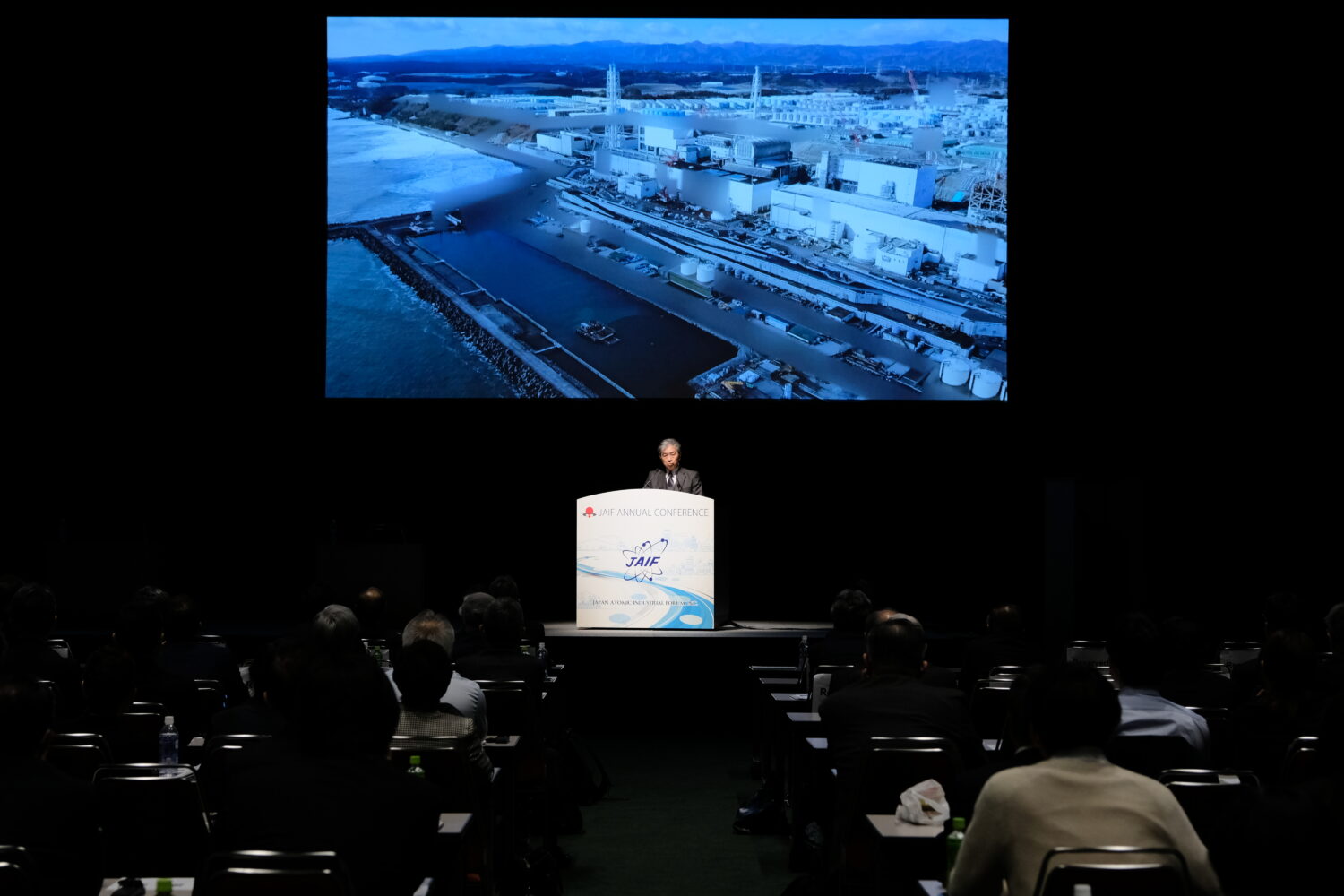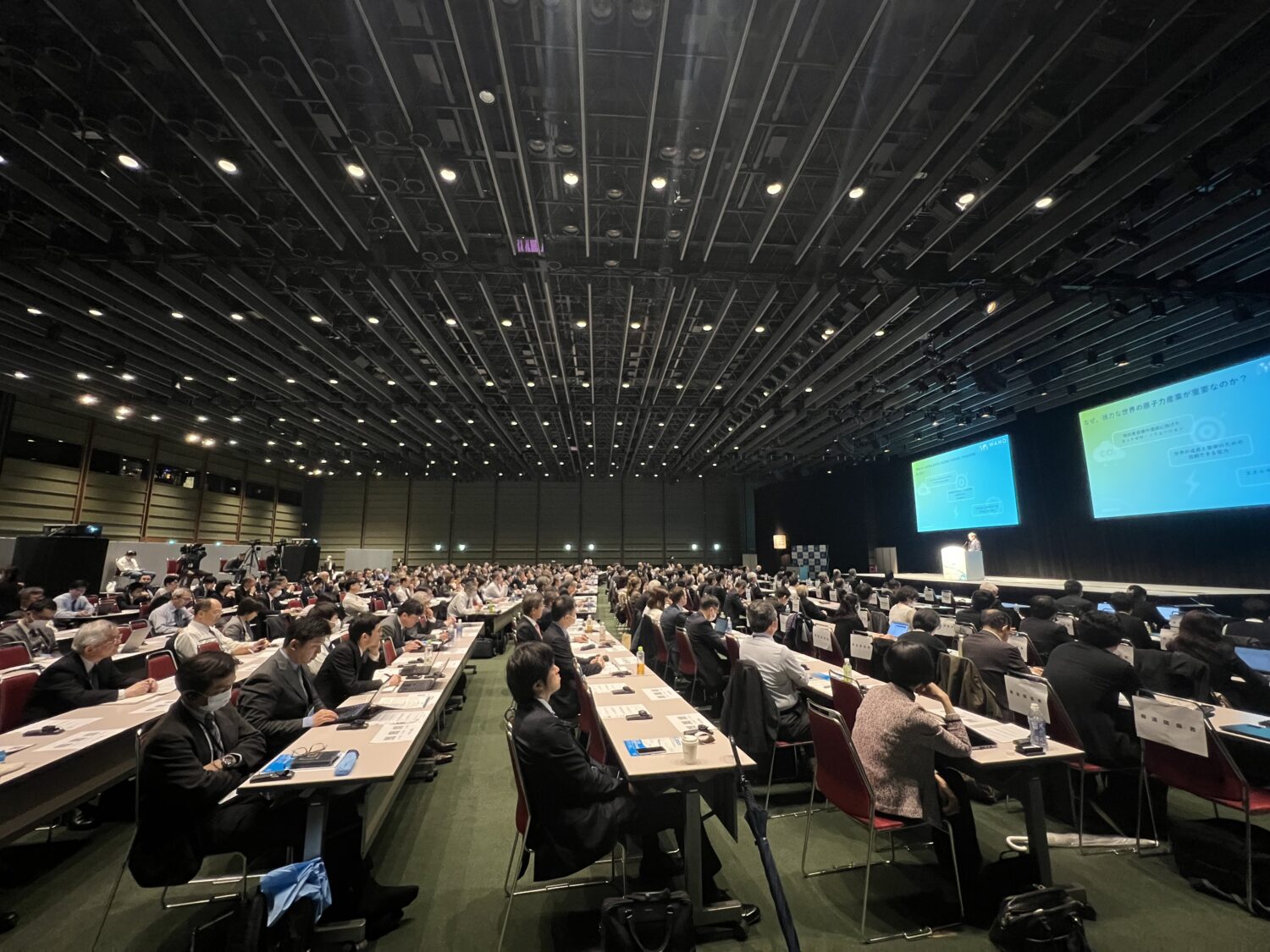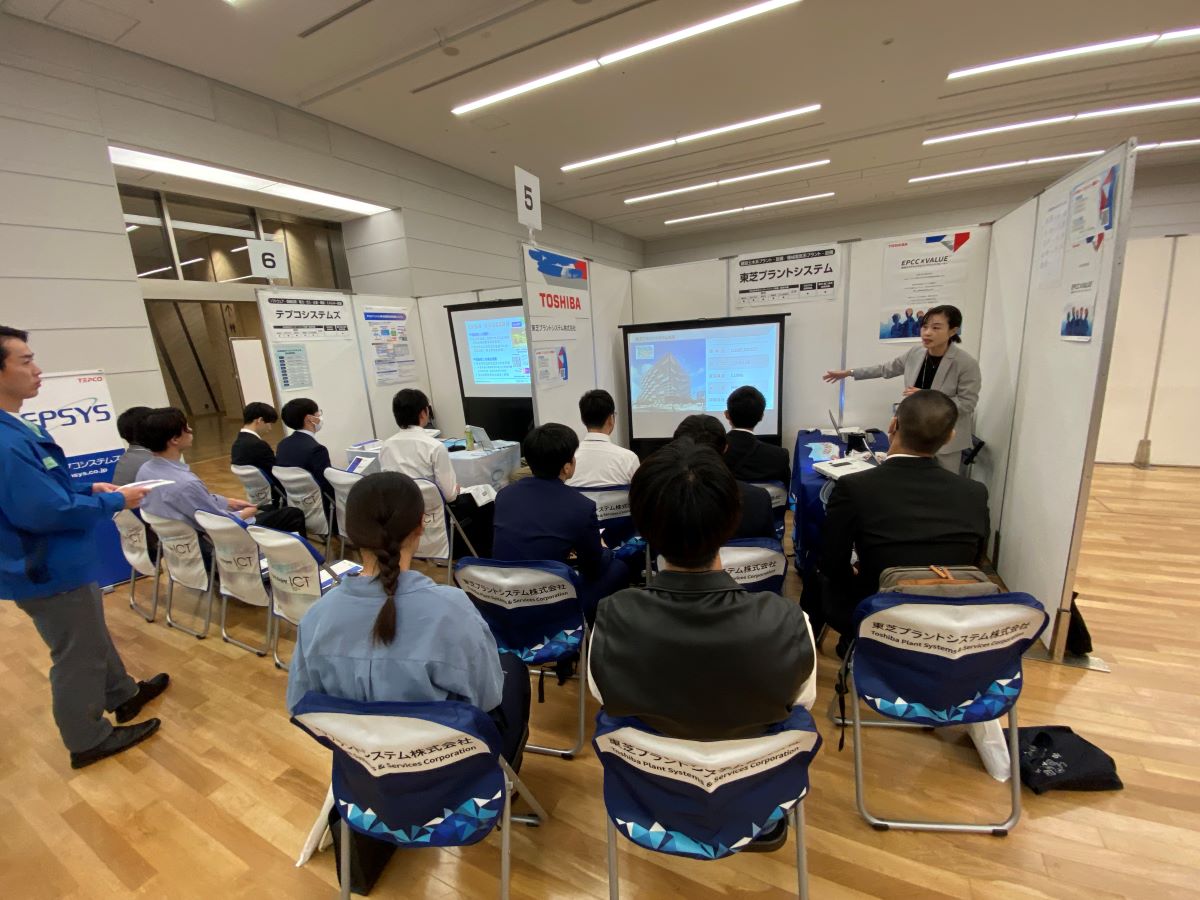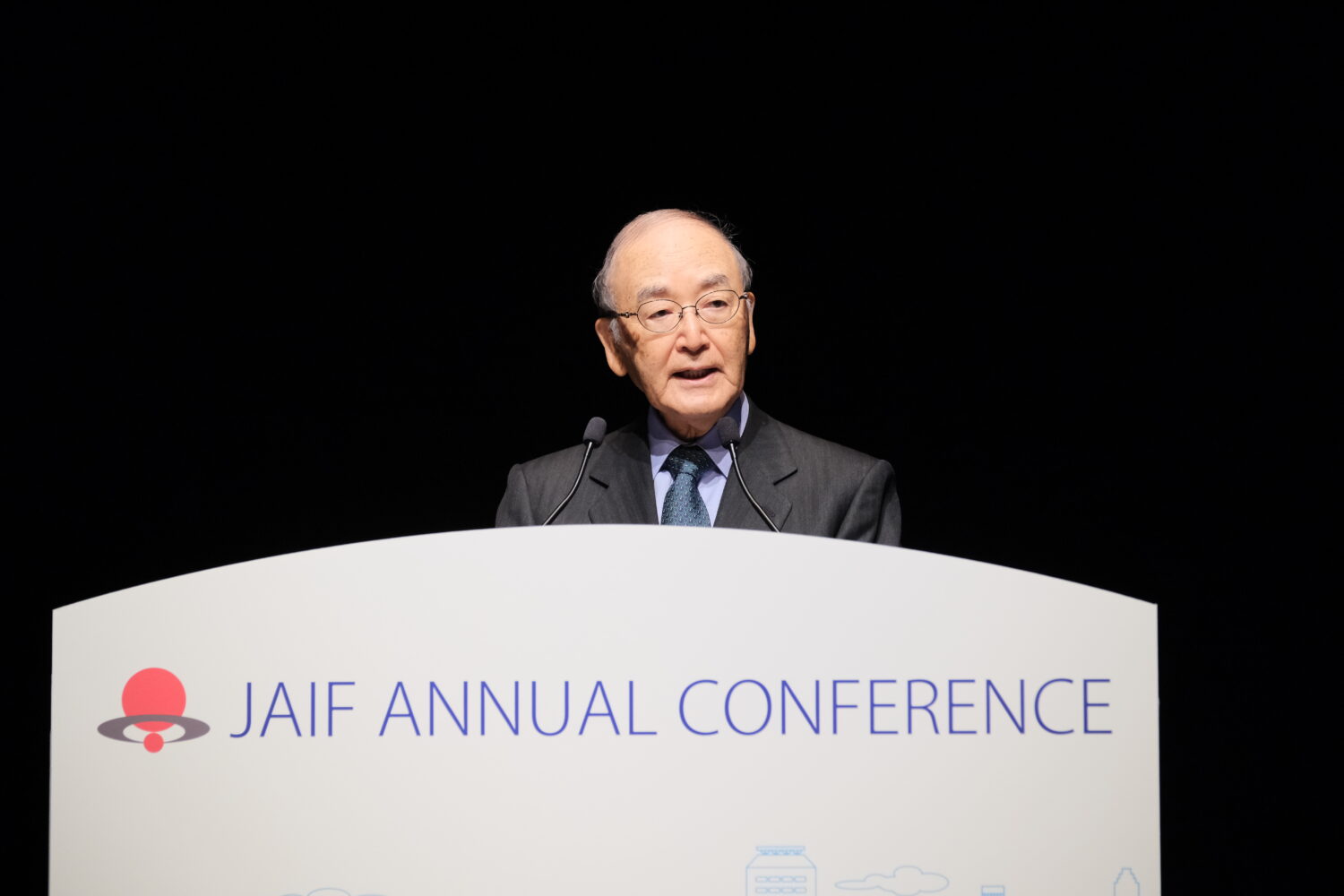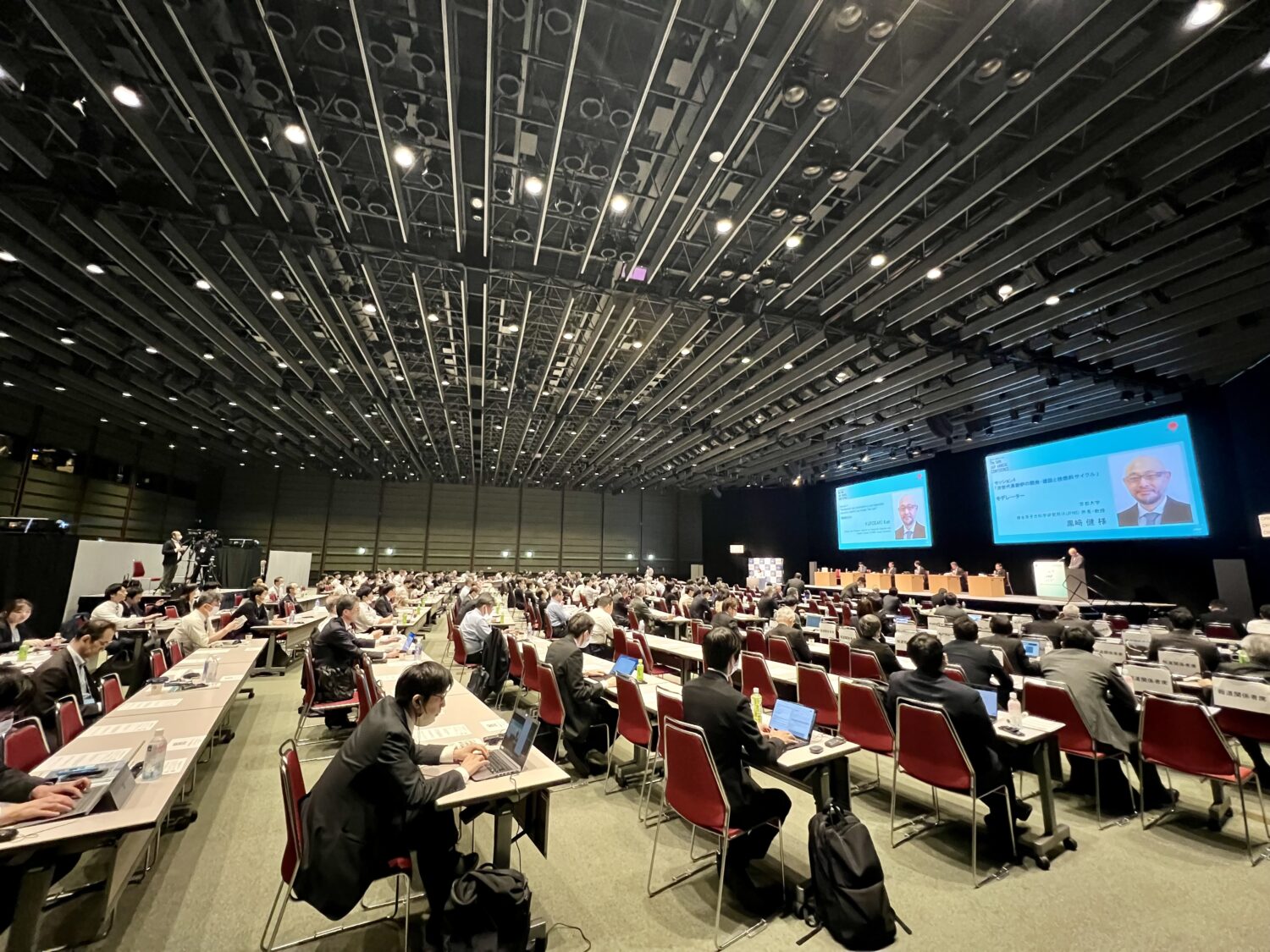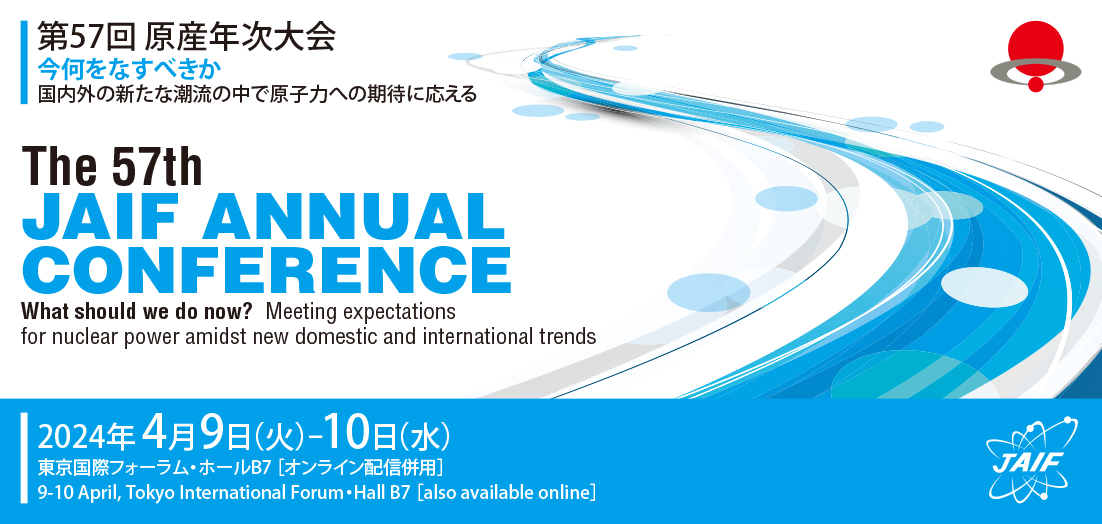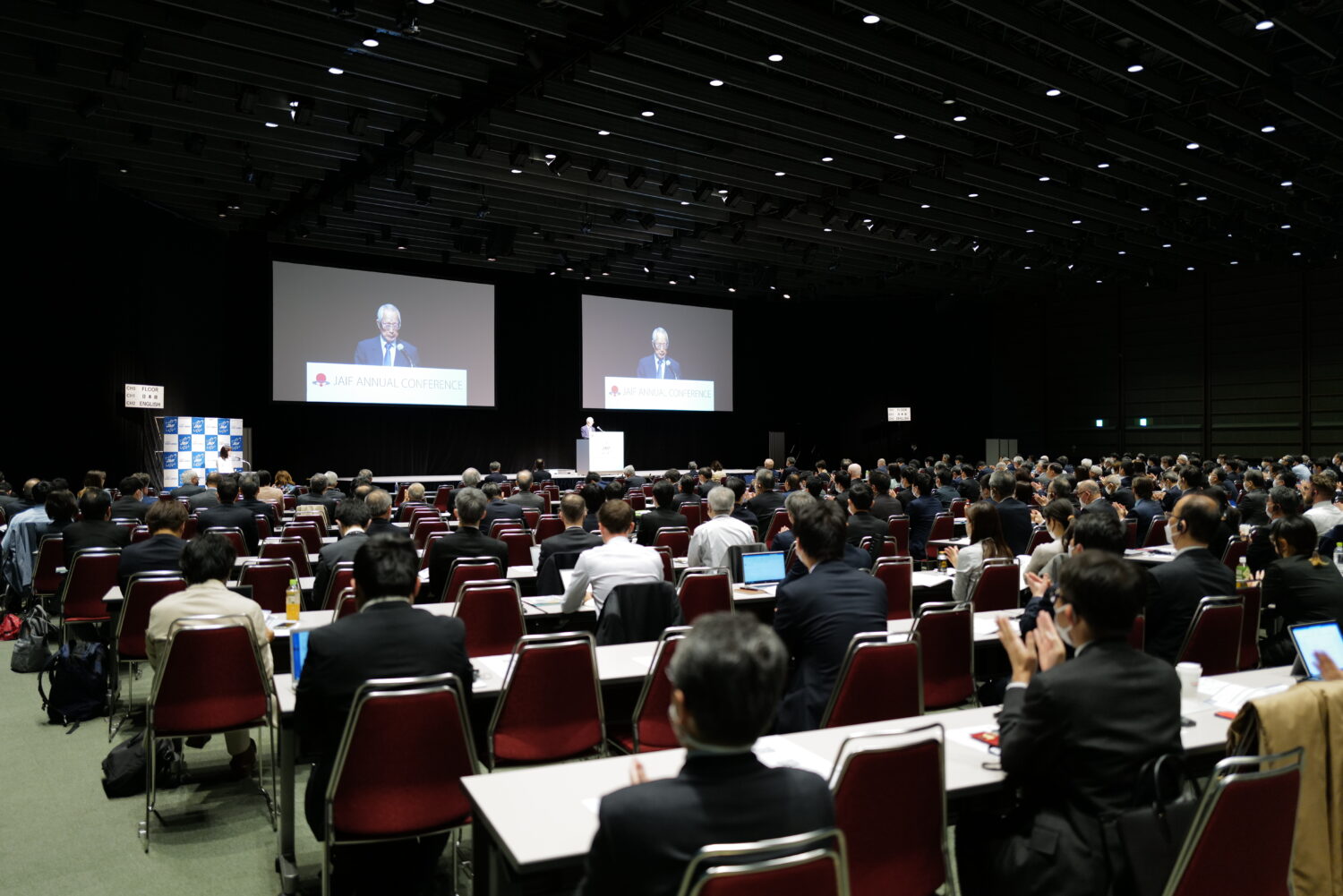A focus of the IAEA’s efforts is radiation use across multiple disciplines, including public health and medicine, food and agriculture, environmental protection, and water resources management―fields in which, beyond power generation, its member countries are increasingly interested. The purpose of the gathering, and the director general’s presentation, entitled the “IAEA’s Many Contributions to the Global Agenda, Including SDGs and Climate Change,” was to help initiate a relationship between the IAEA and Japanese industries.
Grossi began by saying, “The IAEA wants you to consider us your partner. Somewhere in the reach of the IAEA’s global activities, there must be areas were you and we can work together.” He indicated a strong desire to continue working cooperatively with companies in Japan.
In his presentation, the director general expressed concern for cancer patients in developing countries. “In Africa,” he said, “70 percent of the population has no access to radiation therapy.” He explained how he had taken the lead a year and a half ago in establishing an initiative called “Rays of Hope” to support the more than 20 member countries lacking sufficient radiation therapy facilities. Apart from that initiative, radiation is used in the medical area to eradicate insects that transmit infectious diseases, as well as in agriculture in the development of drought-resistant crop varieties, which benefits the economies of those countries.
He then turned to a more recent IAEA initiative that has drawn a great deal of attention. Called NUTEC Plastics, it takes up the global challenge of plastic pollution, both (1) at the source, by introducing new technologies to improve plastic recycling, and (2) in the ocean, where the bulk of plastic waste ends up. Various techniques, such as isotope tracing, facilitate monitoring, while irradiation can be used to render existing plastics fit for reuse. He said that pilot plants have been established in Indonesia, for instance. The Japanese government supports Rays of Hope and NUTEC Plastics financially.
“What the IAEA is trying to do,” the director general stressed, “is on a huge scale and requires the dynamic resources and creativity of private-sector industries.” He again asked participants for their understanding and support for the IAEA’s contributions to the global agenda. He also referred to the renewed interest in nuclear energy around the world in the context of global warming.
At the end of Grossi’s presentation, there was a Q&A session. Participants asked about the prospects for floating nuclear power plants (FNPPs). There were also questions about regulatory responses, standardization in the industry, and financial aspects. Also cited was the Marie Sklodowska-Curie Fellowship Programme (MSCFP) supporting young woman scholars and researchers, with participants then requesting similar programs aimed at students.
The director general pledged to do what he could, adding, “When I visited Fukushima this time, I met a local high school teacher who wanted to talk about nuclear power with students. The next time I go,” Grossi said, “I want to talk with those students.”


